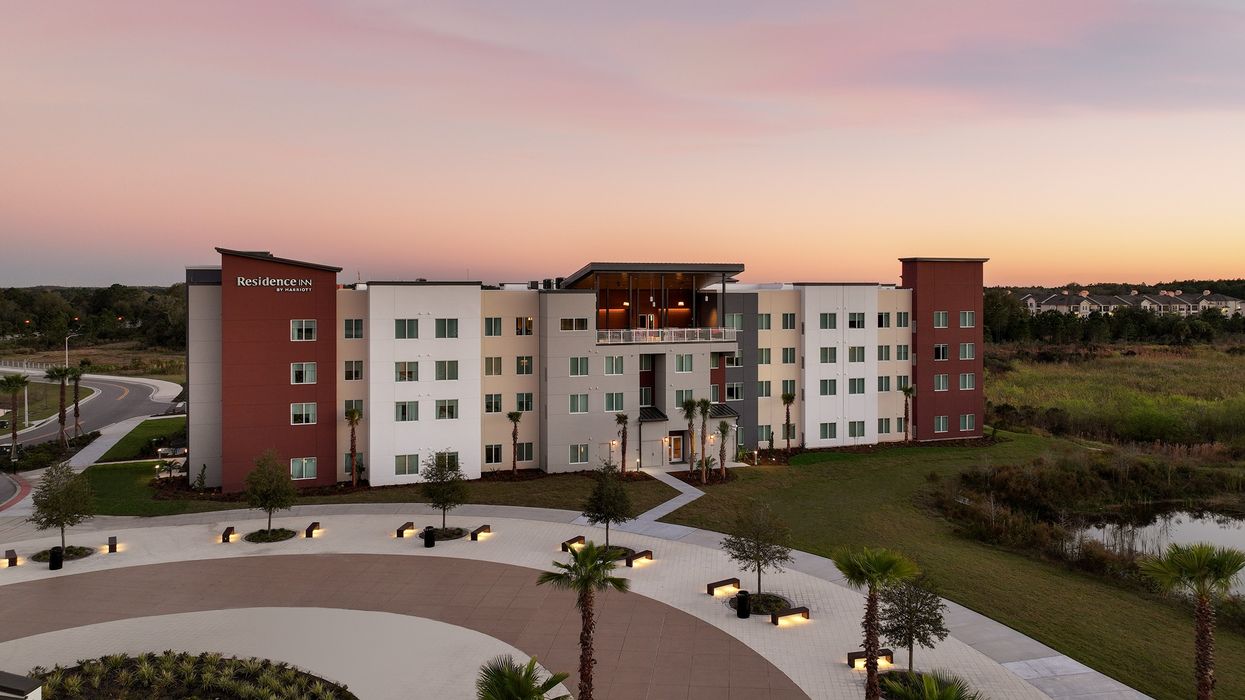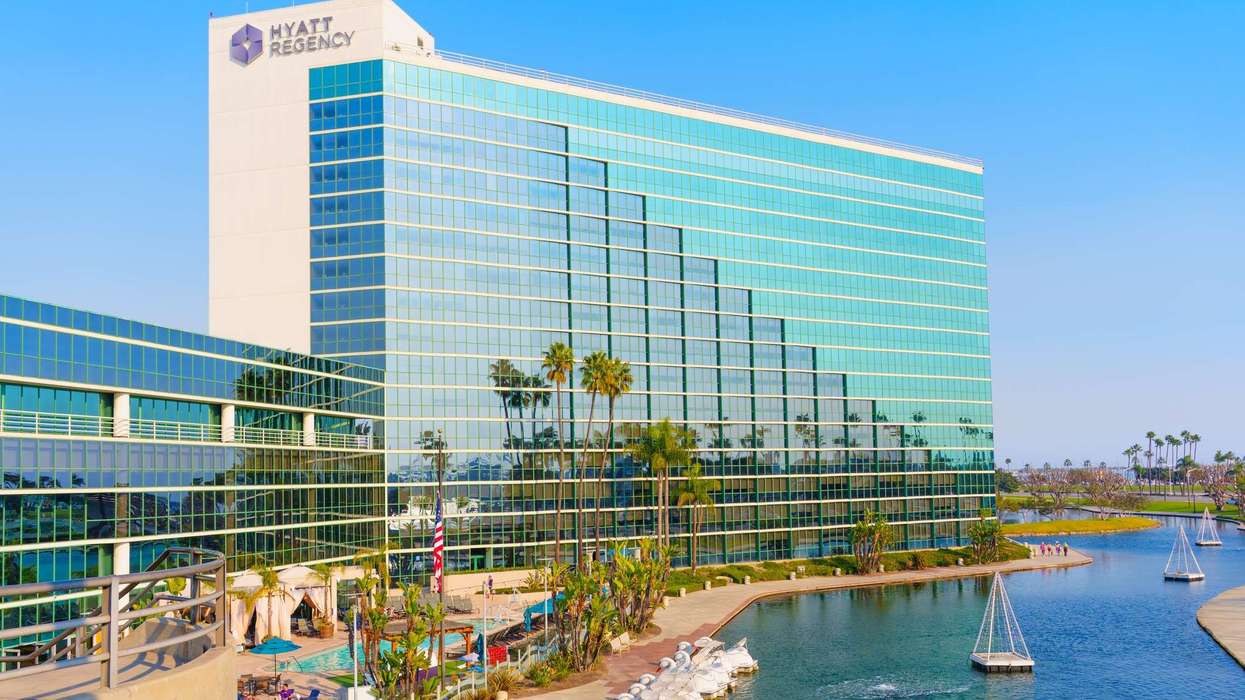PEACHTREE GROUP LAUNCHED its fifth hotel property structured as a Delaware Statutory Trust with the acquisition of the 128-key Residence Inn Tampa Wesley Chapel in Wesley Chapel, Florida. This follows the purchase of its Home2 Suites by Hilton Atlanta Sugarloaf DST in August.
Peachtree’s DST acquisitions allow 1031 exchange investors to reinvest proceeds from the sale of appreciated real estate, defer taxes and maintain exposure to the growing hotel sector.
“The hotel’s prime location in the Wiregrass Ranch master-planned community, combined with its proximity to the Wiregrass Ranch Sports Campus, makes it a valuable addition to our growing portfolio of DST properties,” said Tim Witt, Peachtree’s president of 1031 exchange and DST products. “With activities and tournaments at the 98,000-square-foot sports complex boosting weekend business for the hotel and Pasco County’s investment in expanding the facility, we anticipate strong demand from both leisure and business travelers. Further supporting our off-market acquisition is the fact that it was recently appraised for nearly $900,000 above our purchase price.”
The Residence Inn Tampa Wesley Chapel is in Pasco County, a suburban community about 20 miles from downtown Tampa, Peachtree said in a statement. From 2020 to 2023, the county's population grew nearly 9 percent, driven by residential and commercial development, making it one of Florida’s fastest-growing counties.
Peachtree is led by Greg Friedman, CEO and managing principal; Jatin Desai, CFO and managing principal; and Mitul Patel, principal.
Peachtree's five DST acquisitions, including the 130-key Home2 Suites by Hilton Atlanta Sugarloaf, 100-key Courtyard by Marriott Atlanta Kennesaw, 126-key Home2 Suites by Hilton Chandler in the Phoenix MSA, 98-key Hilton Garden Inn in Jackson, Tenn., and the Residence Inn Tampa Wesley Chapel, total over $150 million in debt-free real estate transactions.
These acquisitions align with Peachtree’s core DST strategy, targeting recognized hotel brands in high-growth markets, value-add opportunities and properties managed by experienced teams to ensure long-term potential, the statement said.
“Positive secular trends in travel are fueling long-term growth in the hospitality industry. The rising middle class, a focus on experiential travel and the expansion of the work-from-anywhere culture are driving demand for unique and extended stays,” Witt said. “These factors create a strong foundation for sustained growth and stability in the hotel sector, making it an attractive investment for the future.”
Peachtree emphasizes its commitment to innovation and investor satisfaction, aligning with 1031 exchange principles and providing investors a seamless way to transition capital gains into new passive investments, the statement said.
Peachtree recently acquired the AC Hotel Park City in Utah, marking its sixth hotel acquisition this year for a total of 789 rooms. The company also received I-956F approval from USCIS for its TownePlace Suites project in Palmdale, California, under the EB-5 Immigrant Investor Program.






